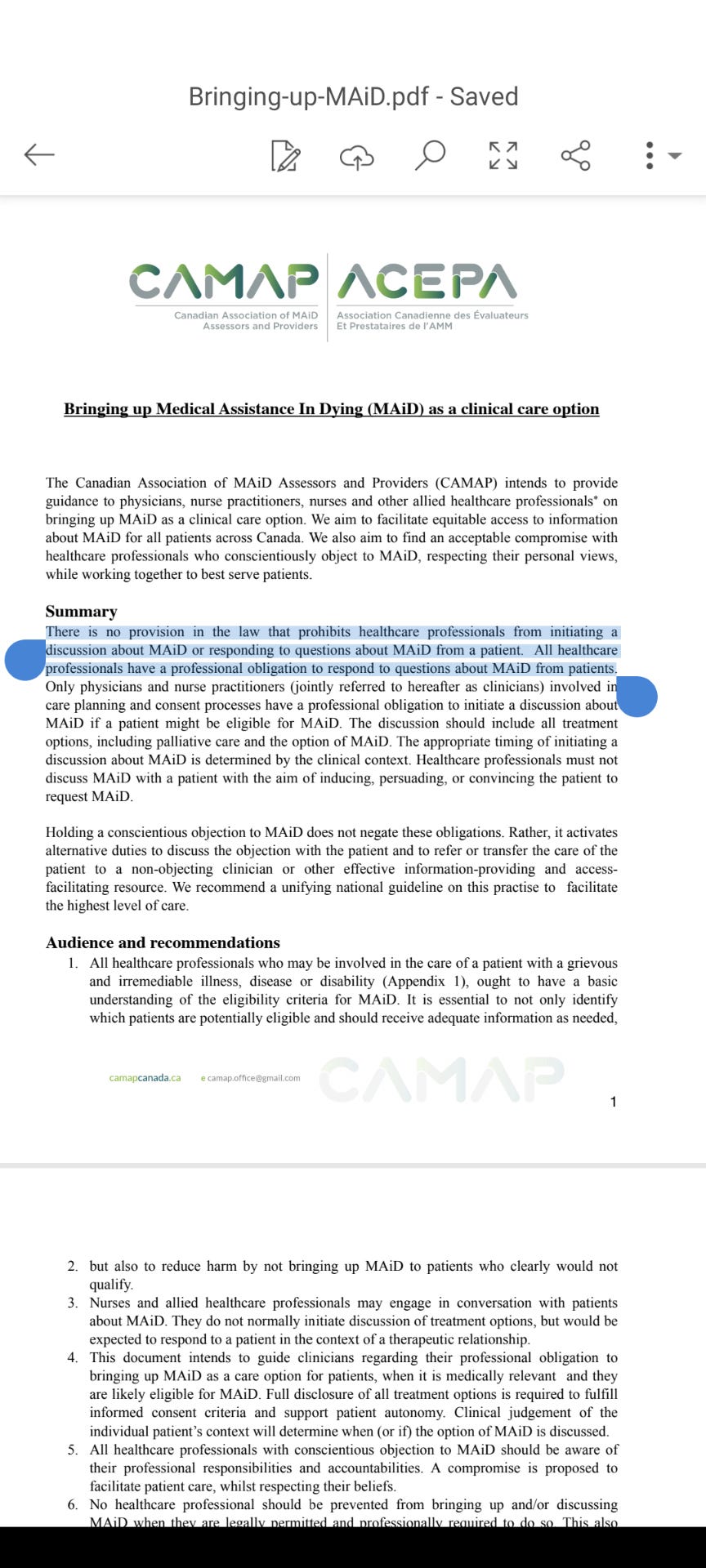Compassion: the dangerous, powerful weapon we must wield in these times
Raise your voice now, fight for the vulnerable now, or it will be too late
We don't have the luxury to be silent or unengaged. Perhaps we never did.
Read the times. Things won't get better if you don't. Do not wait for a pastor or a doctor or a politician, activist friend or someone else to do it.
Raise your voice now. Fight for the vulnerable now. Or it will be too late.
For an example of what to fight and who we’re fighting for, check out the shocking footnote below.1
What is the way forward then, apoplectic Andrew? you may ask.
Compassion.
I recently did a word study on the word compassion at work and want to share some of the learnings with you.2 It deeply impacted me, startled and equipped me. And I hope it will do the same for you as you engage in the fight for the future of the ones you love, fight extreme poverty or injustice, or any other issue or obstacle you face.
Compassion: a word study
Compassion, as defined by the dictionary, is a feeling of deep sympathy and sorrow for another who is stricken by misfortune. This feeling is accompanied by a strong desire to alleviate the suffering.
It comes from the Latin com ~ with and pati ~ to bear, to suffer.
The word passion started to emerge in the English language in the 1200s, first to refer to the sufferings Christ endured on the cross. The word was extended to the suffering of martyrs and to suffering and pain more generally.
The word compassion itself emerged in the English speaking world in the 1300s and means a literal sharing of affliction or suffering with another.
By 1580 the word passion morphs beyond “suffering” in a religious sense and is used more popularly to refer to lasting, controlling emotions such as zeal, grief, sorrow, rage, anger, hope and joy. And by 1732, the word passion denotes an “object of great admiration or desire.”
A mark of passion is that it masters the mind so that a person becomes passion's subject or its instrument.
When we put this all together, compassion describes a sense of such strong emotion that it overcomes and takes over the life of an individual. In this state, it’s like we can become compassion's avatar, embody it with our actions and interactions.
How the word compassion is used by the great philosophers
Greek poets, from Aeschylus down, regarded the bowels as the seat of the more violent passions such as anger and love. But, for the Hebrews, it was a seat of the tenderer affections, especially kindness.
The Greek word for compassion literally means, “To be moved as to one’s bowels” (which is a deep movement). For the Hebrews, the word is Racham, which suggests the womb where the fetus is cherished with tender love, mercy or pity.
These ancient references give a surprising sense to the word for us today: a sense of an unstoppable movement that one can’t control once it’s in motion. Personal, intimate, unspeakable but also universal: known deeply and within.
To resist this movement is to deny an essential function of our humanity.
A startling revelation
What startled me was to discover how the word is used to describe the actions of Jesus. If you spent five minutes in Sunday School as a child, you may remember felt-board scenes or video clips of Jesus looking at the crowds with compassion, people like sheep without a shepherd (as in Matthew 9:36).
But did you know that the word compassion is used when Jesus turns over the tables in the temple? Jesus clears out the greedy, selfish opportunists who were price-gouging the poor: and—get this—he did it out of compassion (see Mark 1:41). Wow.
The way the word compassion appears in scripture underscores the undeniable value of each human being and the obligation people of faith have to not close up the heart to their brothers and sisters but to open the heart to those in need. (See John’s first letter or how Paul referred to the runaway slave Onesimus as his “own heart”).
Throughout the gospels Jesus’ actions are described with the words “the heart went out” which are used interchangeably with “compassion”, but also with other strong emotions like indignation that lead to visceral acts (like making whips and flipping over tables).
Anger at injustice and sympathy for a great need moved the heart of Jesus, which translated into physical acts of healing and help for people in need.
The nature of compassion is such that it is deep and personal, it is a reaction, an unstoppable physical movement that, once stirred, takes over and needs an outlet.
Reader beware.
Enacting compassion in these times
The need to act is embedded in the description and meaning of compassion.
Compassion is as complex a word as faith (which, without works, is dead). It is two things at once: empathy and action.
If there is no desire to act alongside strong feelings of empathy, there isn’t, truly, compassion.
Over the last few weeks I’ve shared some pretty difficult things—here and here… oh, and here too—on my newsletter as I learn about the expansion of MAiD in Canada.
As highlighted in the notes below, there is a push in our country, that will only get more aggressive, to offer assisted death to more and more people.3 If MAiD expands and the Special Joint Committee’s recommendations become a reality, children will be able to request MAiD and will be granted it, against the will or intervention of their parents, for conditions like depression.
“There is a 100% chance," notes Dr. Sonu Gaind, “that people who would’ve [overcome mental illness] will get MAiD. We just won’t know who.”4
So what’s going to stop nightmarish, dystopic situations like this from becoming reality?
People like you and me standing between the vulnerable and what we see coming. Acting with compassion, in the truest sense of the word.
Impacted by what you read? Share this post!
Reading subject matter like this can be difficult.
If you need help right now because you are considering ending your life, you can call 1-833-456-4566. If you need immediate help, please call 9-1-1 or go to your nearby emergency room. There is help and hope for you.
Here’s the “shocking” footnote I mentioned above:
MAiD will come knocking on your door, too. If you are able bodied and of a sound mind you may think that this has nothing to do with you. But if you are living in Canada, then the offer will come your way in your journey through the healthcare system if/as MAiD expands.
The Canadian Association of MAiD Assessors and Provider’s training document for clinicians recommends a proactive approach, encouraging Doctors and Nurse Practitioners to initiate the conversation about MAiD with patients, emphasizing there is no provision in the law to inhibit them from offering medical assisted dying.
In fact, CAMAP notes this is an obligation as you can see in the document below:

Source: Screenshot from camapcanada.ca
The word study started as a way to defamiliarize the word that we trade in so much and was meant to stir up thoughts and creativity for the team at Compassion Canada. I found Strong’s Greek lexicon, this etymology site and dictionary.com to be helpful.
In 2020 MAiD was attributed to more deaths (7,630) than suicide (3,839), pneumonia or the flu (5,931) and diabetes (7,566) (Stats Canada).
We’ll share more from experts like Dr. Gaind in our forthcoming documentary MAiD in Canada.




